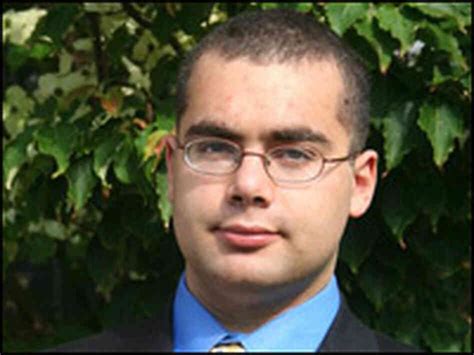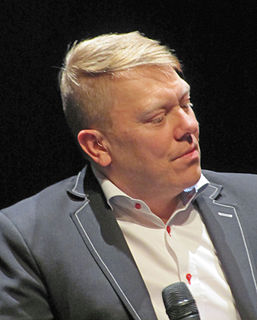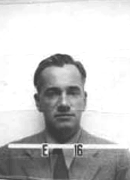A Quote by Temple Grandin
Some autistic people have savant skills. All autistic people do not have savant skills. Autism is a very variable disorder varying all the way from Einstein, emollient scientist, just a little bit of the trait, many scientist and engineers, down to somebody that's going to remain nonverbal.
Related Quotes
Savant syndrome is not a disorder in the same way as autism is a disorder or dementia is a disorder. Savant syndrome are some conditions that are superimposed and grafted on to some underlying disability. So savant syndrome is not a disease or disorder in and of itself. It is a collection of characteristics, or symptoms, or behaviors that have grafted on to the underlying disability.
A savant, by definition, is somebody who has a disability and, along with that disability, has some remarkable ability. Prodigies and geniuses have the remarkable abilities that the savant shows, but they do not have a disability. So, by definition, a savant includes someone with a disability, and a prodigy or genius are people who have these remarkable skills but they do not have a disability.
Animals are like autistic savants. In fact, I'd go so far as to say that animals might actually be autistic savants. Animals have special talents normal people don't, the same way autistic people have special talents normal people don't; and at least some animals have special forms of genius normal people don't, the same way some autistic savants have special forms of genius. I think most of the time animal genius probably happens for the same reason autistic genius does: a difference in the brain autistic people share with animals.
Research demonstrates that autistic traits are distributed into the non-autistic population; some people have more of them, some have fewer. History suggests that many individuals whom we would today diagnose as autistic - some severely so - contributed profoundly to our art, our math, our science, and our literature.
By looking at autistic kids, you can't tell when you're working with them who you're going to pull out, who is going to become verbal and who's not. And there seem to be certain kids who, as they learn more and more, they get less autistic acting, and they learn social skills enough so that they can turn out socially normal.
The ways in which acquired savants show up are usually the same ways that congenital, or non-acquired, savant syndrome shows up. They tend to show up in the same areas: music, art, math, visual, spatial skills, and calendar calculating, although calendar calculating probably isn't quite as prominent in that group. They tend to show up quite quickly, or sort of explode on the scene and they then tend to have an obsessive sort of forceful quality about them in the same way as savant skills. So they tend to show up in the same ways.
In America we've spent over a billion dollars on autism research. What have we got for that? We've not seen anything that's appreciably impacted the quality of life of autistic people, regardless of their place on the spectrum. Quite frankly, we've spent $1bn figuring out how to make mice autistic and we'll spend another $1bn figuring out how to make them not autistic. And that's not what the average person wakes up in the morning aspiring to. They think: am I going to be able to find a job, to communicate, to live independently, either on my own or with support? Those are the real priorities.
Scientists have one thing in common with children: curiosity. To be a good scientist you must have kept this trait of childhood, and perhaps it is not easy to retain just one trait. A scientist has to be curious like a child; perhaps one can understand that there are other childish features he hasn't grown out of.




























